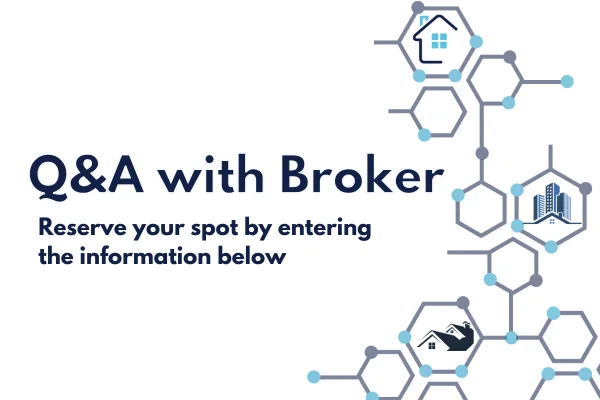“You can have more than one home. You can carry your roots with you, and decide where they grow.”- Henning Mankell, Swedish writer
Custom HTML/CSS/JAVASCRIPT
Introduction:
To fulfill your goal of becoming a homeowner, you must first apply for a mortgage. But getting a mortgage requires more than just filling out paperwork and waiting for approval; there are important dos and don'ts that can significantly affect both your financial stability and the success of your application.
DOs
Keep your finances stable:
Keep your finances in order after submitting an application for a mortgage. Avoiding substantial financial changes like switching jobs, taking on additional debt, or financing large purchases is necessary to do this. Lenders want to observe a steady financial situation during the approval procedure.
Continue Paying Your Bills On Time:
Your payment history has a significant impact on your credit score. Pay all of your expenses on time, including loans, credit card bills, and utility bills, to maintain a positive credit history.
Maintain contact with your lender:
The key is to communicate openly and honestly with your lender. If your financial situation dramatically changes, for example because of a job loss or a catastrophic illness, notify your lender as soon as possible. They may be able to advise you or alter the conditions of your loan.
The down payment and closing charges should be saved for:
Even if your loan is approved, you will still need to have money set up for closing costs and a down payment. It's crucial to budget money in advance for these expenses to ensure a smooth closing process.
Maintain Your Interest Rate Monitoring:
Keep a watchful eye on the interest rate market. If rates drop significantly after you apply for your mortgage in order to receive a better deal, you might want to consider refinancing.
DON'Ts
Do not take on further debt:
Avoid taking on more debt after filing a mortgage application, such as credit card debt or personal loans. More debt could make your debt-to-income ratio worse, which might result in a loan being declined or having unfavorable terms.
Maintain Open Credit Accounts:
Closing credit accounts could have an impact on your credit history's length and credit use ratio. It's generally a good idea to keep your current credit cards open, even if you don't use them frequently.
Keep Your Cash Deposits Small:
If you make large, irregular cash deposits into your bank accounts, lenders can become wary. If you receive a substantial sum of money, be prepared to provide evidence of the source of the funds.
Pay attention to your credit:
Continue to frequently check your credit reports and scores. Report any errors or anomalies you uncover as soon as possible to the credit reporting organizations to ensure that your credit profile is accurate.
Before closing, be careful not to go too far:
Even though buying a new house can be exciting, you should hold off on any important purchases or lifestyle changes until after the closing. The lender may do one more examination of your credit and financial situation before accepting the loan.
Conclusion:
After submitting an application, the process of navigating a home loan continues until the closing on your new home. By following these key dos and don'ts, you may increase your chances of obtaining a good mortgage and ensure a seamless transition into homeownership. Clear communication with your lender and wise money management are essential for a positive home loan experience.
Custom HTML/CSS/JAVASCRIPT
Disclaimer: This content is intended for general information purposes and not as personalized financial advice. For tailored guidance, consult with the experts at Texans Mortgage Group.











